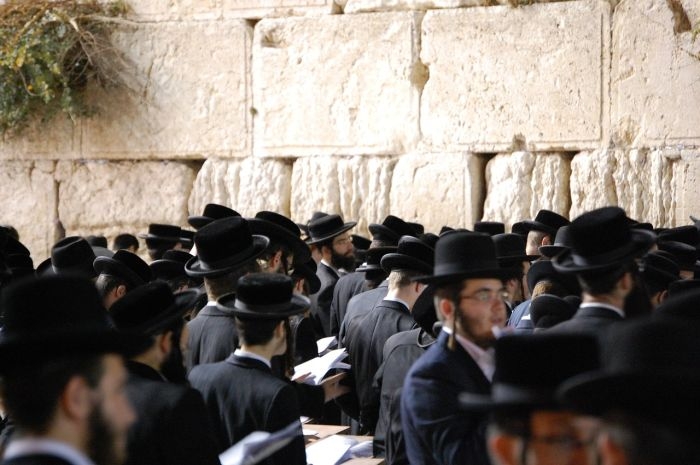
Changes in mainstream media and online journalism have also affected religious communities. For example, many Jewish ultra-Orthodox news websites have been launched over the past ten years. Oren Golan and Nakhi Mishol-Shauli of the University of Haifa, studied religious web journalists and how they view their work.
The authors interviewed 40 journalists of Haredi news bureaus in Jerusalem, Beit Shemesh and Bnei Brak. They also talked to many different user groups of these news outlets: students, rabbis and avid web surfers, to mention a few.
The interviews and analysis revealed three major schemata that shape the web reporters’ self-perception:
- Communal-Haredi,
- Western-Democratic, and
- Journalist Ecosystem
Religious webmasters and online reporters must produce content that both attracts users and adheres to the social norms of the community. The professional codes and ethos of these journalists stem from their own experiences, rather than formal training or communal dictums, Golan and Mishol-Shauli write.
Ultra-Orthodox reporters identify first and foremost with the religious mindset and integrate this into their professional behaviour. They identify strongly to their communities and yet at the same time, often unintentionally, re-negotiate the community’s boundaries, the researchers conclude.
The article “Fundamentalist web journalism” was published in the European Journal of Communication and is available online (abstract free).
Picture: untitled by MoneyForCoffee, license CC0 1.0